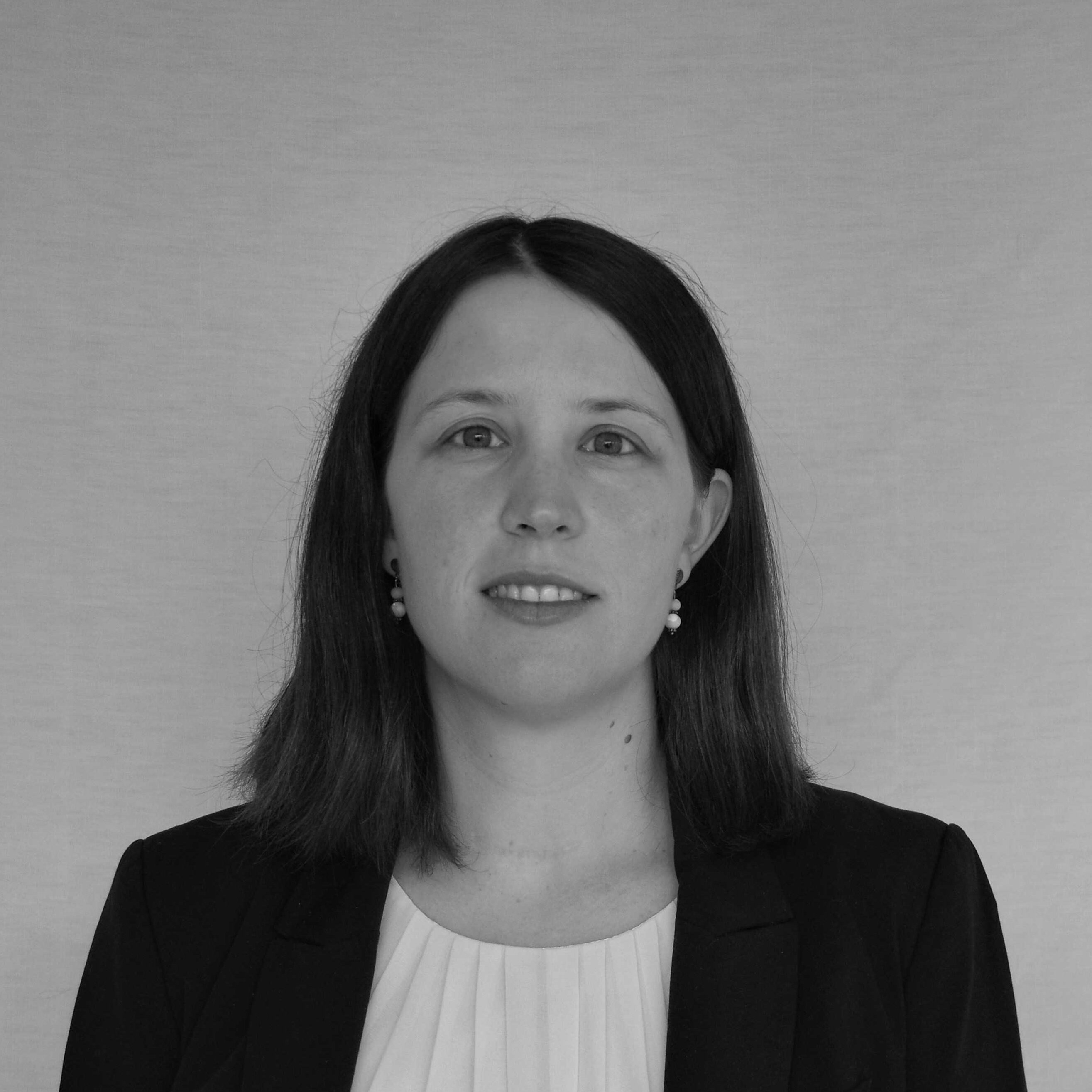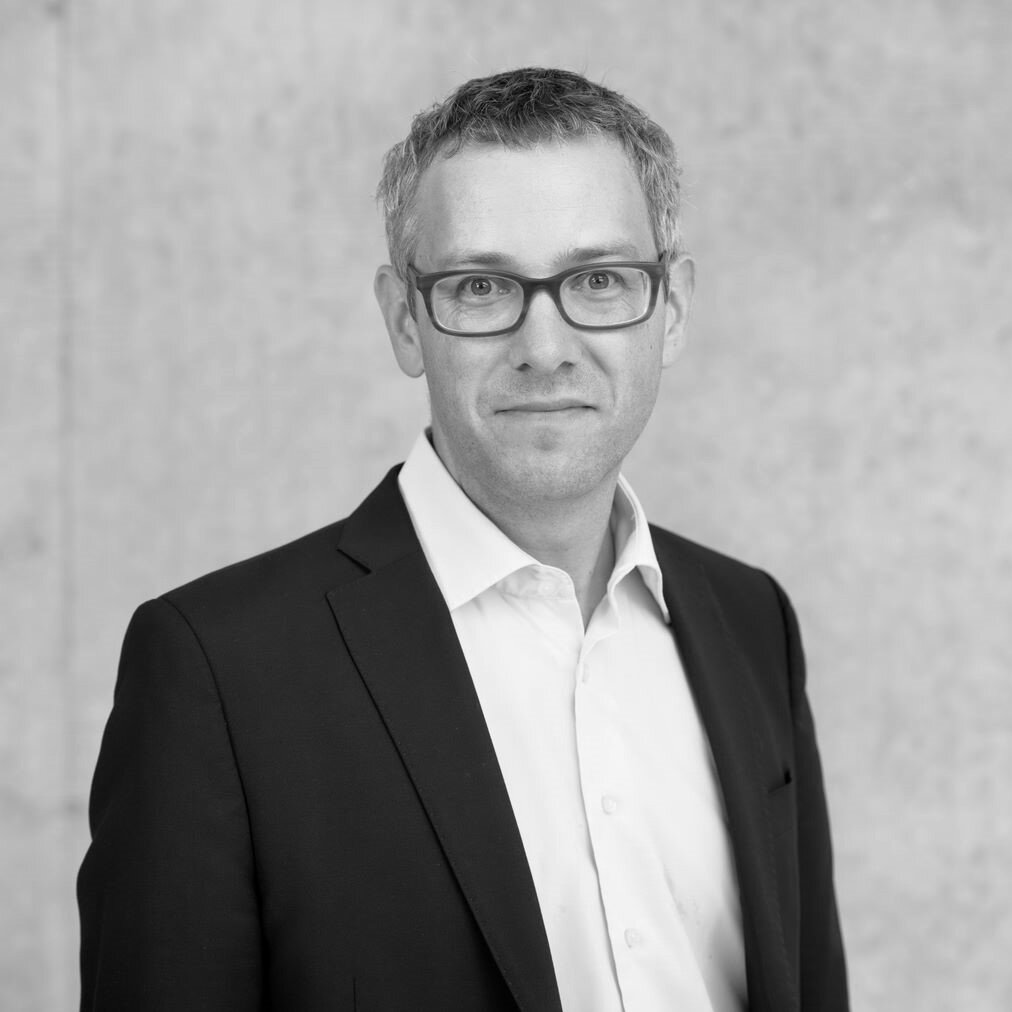What is your research related to the DeCarbCH work package WP02 all about?
Work package WP02 analyzes the current socio-economic and legal challenges of heating and cooling solutions in Switzerland. Our legal part (Tasks 2.4 and 2.5) is mainly concerned with the analysis of the legal framework for large energy plants and the construction and operation of heating and cooling infrastructures (networks and storage).
What actors are involved from a legal perspective?
From a legal perspective, various parties are involved: First, multiple investors are interested in financing larger energy plants and, in particular, energy networks. Second, public and private companies build and operate such facilities. Third, public authorities are often involved because the energy for heating networks comes from publicly owned waste incineration plants. For example, they provide the planning and regulatory basis for energy plants and issue permits and concessions for the plants. Finally, we must consider homeowners and associations who organize their own smaller energy networks, as well as other consumers.
How does this WP relate to DeCarbCH's other WPs?
The best technical solutions for decarbonizing heating and cooling are useless if they cannot be implemented. With an analysis of the legal framework, we show which solutions can be implemented and what obstacles and unused opportunities still exist. Of course, new technologies can also lead to further legal challenges. Therefore, our part of WP02 will also include the technological solutions proposed (mainly) in WP03 and WP05, and we contribute to case studies from our implementing partners coordinated in WP06 and WP07.
Ultimately, the legal challenges are closely related to the socio-economic challenges (another part of WP02). Because if there is a legal obstacle, this leads to delays and additional expenses for permits, etc., and thus to increased costs. In addition, a lack of acceptance can also result in further legal challenges and extra costs – such as when local residents oppose a project.
What experience can you bring from previous projects?
The Center for Public Commercial Law has already researched various issues related to the Energy Strategy 2050. In a number of projects, for example, we have explored geothermal energy, in which – as with district heating networks – subsurface utilization also plays a significant role. In the past, we also focused on research into the construction of new power generation plants. We can derive a lot about planning and permit procedures for the DeCarbCH project from relevant publications. Now we are acquiring new contacts as part of DeCarbCH to learn more about ongoing projects and their legal challenges.
What are the main objectives of the WP?
The first step is to understand the current legal framework. We can then identify any legal challenges and barriers to the timely implementation and sustainable operation of efficient heating and cooling systems. We do this in close cooperation with project partners such as the city of Zurich. Next, we want to evaluate measures and strategies that reduce barriers and make procedures more efficient. Among other things, this could help us propose new solutions, such as how laws could usefully be amended. However, legal principles cannot usually be changed quickly, so the proposed technologies need to be examined in light of existing regulations. Then, if necessary, system changes can be implemented to fit into existing legal frameworks. For this reason, collaboration with the other WPs is essential.
Which areas of law are particularly important for your work?
The most important legal issues concern planning and construction law. A fundamental basis for this is the Federal Spatial Planning Law as well as related cantonal and municipal regulations. Construction law is dominated by cantonal and municipal law, which provides the essential framework for building energy plants and thermal grids. Furthermore, such projects – especially the construction of heating networks – usually require public land, such as the roads under which the pipes run. In turn, this raises legal questions about the use of publicly owned land. The main issues here are the conditions of use, whether claims and rights to use exist, how the canton or municipality treats different users, and whether it may grant exclusive rights. Finally, competition law (e.g., in the case of a monopoly) and public procurement law (covering obligations to issue a public invitation to tender) must also be observed.
What are the key research questions?
The first important task is to portray the current state of legal requirements in our federal system. Only on this basis can we develop proposals to improve the legal framework.
A specific research question arises, for example, in planning law: Cantons must create guideline- and utilization plans according to federal law. There is a hierarchy of plans, and the higher up, the more critical it is for the entire canton (or even Switzerland). The question in this context is at which planning level the thermal infrastructure (heat sources, heat network, and storage) is regulated. Should heat networks be included in the cantonal structural plans (Richtplan), or is it sufficient simply to regulate the energy installations (i.e., the heat sources) within them? For example, if a district heating system is included in the structural plan, it will have a more solid legal basis because other projects will have to be coordinated in line with that in the future. However, if this is required for every district heating network, it complicates the creation of such plants. On this issue – as with others – we are caught between legal and planning certainty on the one hand and procedural efficiency on the other.
What are the main findings of the WP?
We usually publish our results as papers in professional journals. However, as part of DeCarbCH, we also plan to produce practical guidance documents for investors, planners, and local authorities. For example, in the project about geothermal energy mentioned earlier and for other energy plants, we have seen that this is of great importance for the wider public and is well-received.
Why did you choose the city of Zurich as a case study?
The city of Zurich is a DeCarbCH practice partner and a case study object in WP06. Zurich is interesting because it already has a relatively well-developed heating network in operation, mainly fed from the waste incineration plant. In addition, we will also examine other cities such as Geneva and Basel and look for other cases that are not yet as advanced. We must understand the concerns of our practice partners and develop solutions for them within the framework of our research.
Could you give examples to illustrate the special features of the WP?
As the other technical work packages show, there is great potential for optimized heating and cooling solutions. It would be a pity if their implementation were to fail due to legal uncertainties. A specific example is the construction of large geothermal plants. Although there is no federal law regulating the construction of these facilities, there are numerous regulations at various levels (municipal, cantonal, and federal government) for the construction and operation of hydropower plants. This lack of federal (framework) regulation can lead to uncertainties, as the cases of Haute Sorne and Grimsel highlight.
Other examples are the uncertainties that arise when – depending on the design of the heat supply – the free market is restricted. Until now, there has generally been competition between different energy providers. End-users could choose between gas, oil, electricity, a heat pump, or (if available) connection to a heating network. However, this market is becoming more restricted – particularly for environmental reasons, due to network profitability considerations and because heating networks are often operated by the public sector, or a company owned by it. To the extent that these circumstances result in market restrictions, such restrictions must have a proper legal basis, which is still often not the case.
A final word to our readers?
The potential for clean heating and cooling solutions is huge, and implementation should not fail because of the legal framework. Legal procedures are an important tool in gaining acceptance from various stakeholders faced with new technologies and constructions. Knowledge of these processes and any adjustments can help new technical solutions succeed. The good thing about DeCarbCH is that the legal perspective is integrated into the project from the outset, so what works (and what does not) from a legal perspective is apparent.

